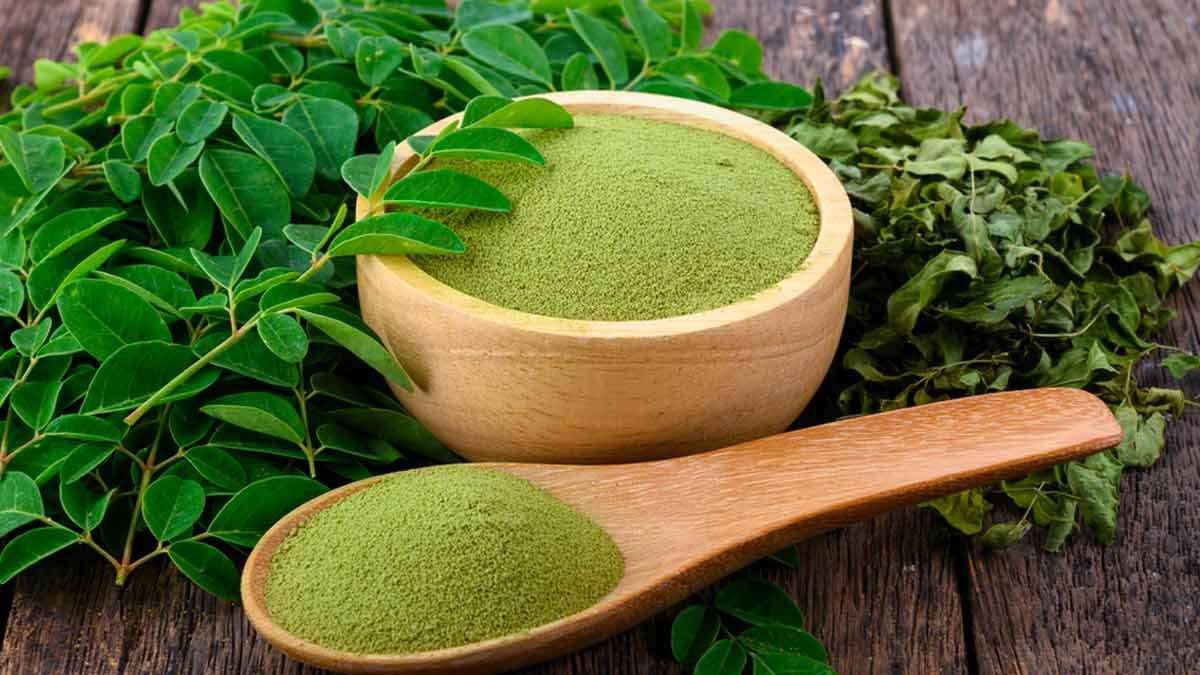Health Benefits of Moringa: A Comprehensive Overview
Moringa (Moringa oleifera), often called the drumstick, horseradish, or ben oil tree, is a highly versatile and nutrient-dense plant native to India and other subtropical regions, including Florida. Known as the “tree of life,” moringa has been celebrated in traditional medicine for its potential health benefits, which span from reducing pain to mitigating chronic conditions. Today, moringa is gaining popularity in the United States in various forms, including leaf powder, supplements, and skincare products.
Rich in Antioxidants
Moringa is renowned for its high antioxidant content. Antioxidants play a crucial role in combating oxidative stress, an imbalance between antioxidants and free radicals in the body that can lead to chronic diseases such as cancer, heart disease, and diabetes. The moringa plant is rich in phenolic compounds, including flavonoids, phenolics, and carotenoids, which have potent anti-inflammatory properties. Research indicates that these compounds may help boost immune health, prevent chronic diseases, and reduce inflammation.
Prevents Malnutrition
Moringa is an effective tool in combating malnutrition, a condition caused by insufficient or excessive intake of nutrients. The leaves and seeds of the moringa tree are packed with essential vitamins, minerals, and fats that can help prevent nutritional deficiencies. Notably, moringa is a significant source of vitamin C, vitamin A, and fiber. A small study has shown that moringa leaf powder can improve the body mass index (BMI) of people with HIV undergoing antiretroviral therapy, suggesting it may enhance nutritional intake and status. However, further research is needed to confirm these findings.
May Reduce Blood Sugar
Preliminary studies suggest that moringa may have a beneficial effect on blood sugar levels. In one small study, participants with diabetes who consumed 20 grams of moringa leaf powder daily experienced a modest improvement in blood sugar control. While these findings are promising, more research is required to determine the extent of moringa’s effectiveness in managing blood sugar levels.
May Relieve Symptoms of Menopause
Moringa might offer relief for menopausal symptoms such as hot flashes, night sweats, and anxiety. Menopause, typically occurring between the ages of 45 and 55, can be accompanied by various symptoms linked to oxidative stress. A small study found that moringa could potentially decrease the severity of hot flashes and night sweats by improving the body’s antioxidant levels. These improvements could help alleviate some discomfort associated with menopause.
Anti-Aging Effects
Moringa has become increasingly popular in skincare due to its potential anti-aging benefits. Research indicates that moringa extracts possess properties that can improve skin smoothness and elasticity. Creams containing at least 3% moringa extract have been shown to enhance skin texture and promote a youthful appearance. The high levels of vitamins C and E in moringa contribute to skin rejuvenation and glow. Moringa oil is also used to treat eczema and inflammation, further supporting its role in skincare. However, additional studies are needed to fully understand the long-term effects of moringa on skin health.
Nutritional Profile
Moringa is consumed in various forms, with the powdered version being common in the U.S. A typical 2-teaspoon serving (4 grams) of moringa powder contains:
- Calories: 15
- Fat: 0 grams
- Sodium: 0 milligrams
- Carbohydrates: 2 grams
- Fiber: 1 gram (4% of the daily value)
- Added sugars: 0 grams
- Protein: 1 gram
- Iron: 4.8 mg (25% of the daily value)
- Calcium: 100 mg (8% of the daily value)
Moringa seeds are also highly nutritious, offering more fat and protein compared to the powder, with significant amounts of monounsaturated fats that support heart health.
Risks and Precautions
While moringa is generally safe for most people, excessive consumption can lead to digestive issues such as diarrhea. High doses (70 grams or more) of moringa powder or supplements may pose risks of toxicity. Additionally, moringa root and root bark contain toxic alkaloids that can cause nausea, vomiting, and, in extreme cases, paralysis if consumed in large amounts. It is advisable to consume only the leaves, fruit, and seeds to minimize adverse effects.
Moringa may interact with certain medications, including antidiabetic drugs, specific HIV treatments, and thyroid medications. Pregnant women should avoid moringa supplements due to insufficient research on their safety and effectiveness for milk production. People with hypothyroidism should use moringa with caution, as it may affect thyroid hormone levels.
In summary, moringa offers a range of potential health benefits, from antioxidant properties and nutritional support to possible relief from menopausal symptoms and skin aging. However, as with any supplement, it is important to use moringa responsibly and consult with a healthcare provider to ensure it aligns with your health needs and conditions.



